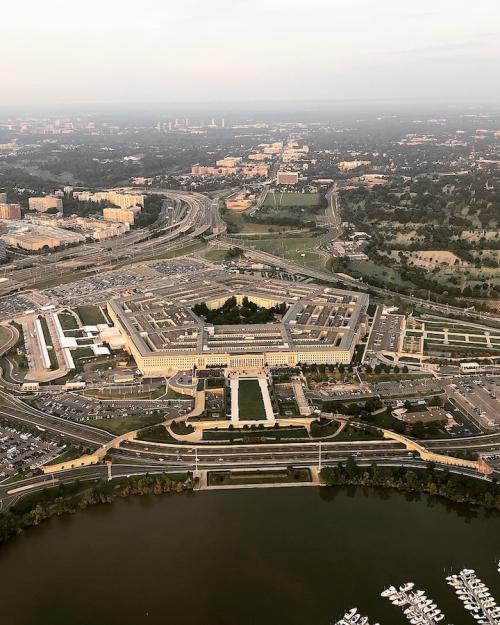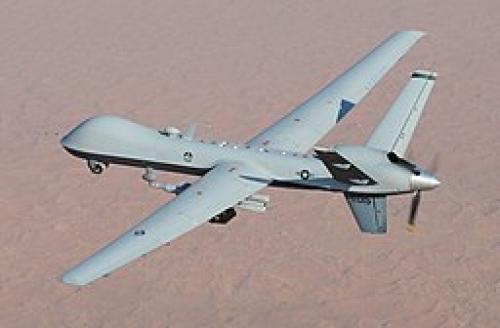General Atomics, the U.S.-based manufacturer of the most advanced armed and networked drone in the world – the MQ-9 Reaper – announced it intends to deliver the capability to Ukraine as part of a broader U.S. defense aid package.
Paul Lushenko is a lieutenant colonel in the U.S. Army and senior policy fellow at Cornell University’s Tech Policy Lab, as well as a doctoral student and co-editor of "Drones and Global Order: Implications of Remote Warfare for International Society." He says that "while the exact timing of the transfer is unclear, the announcement is significant. It signals that U.S. officials have updated their belief for the escalatory potential of providing armed and networked drones to Ukraine, which previously stalled a decision for a potential arms transfer.
"It suggests that U.S. officials now believe that armed and networked drones have an important role to play in large-scale war, and not just counterterrorism," says Lushenko. "It also implies U.S. officials are now willing to assume risk for the potential loss of armed and networked drones in Ukraine – an unacceptable prospect weeks ago.
“Congressional approval for the sale of armed and networked drones to Ukraine seems to indicate that U.S. officials believe that the conflict has moved into a new phase where drones may play an increasingly important – perhaps the decisive – role. It also suggests that the U.S. is now embroiled in an ‘arms race’ for drones. While this may not change the nature of war, or why it's fought, it will have important implications for the character of war, or how it's fought, going forward,” Lushenko says.
For interviews contact Becka Bowyer: cell (607) 220-4185; rpb224@cornell.edu.




